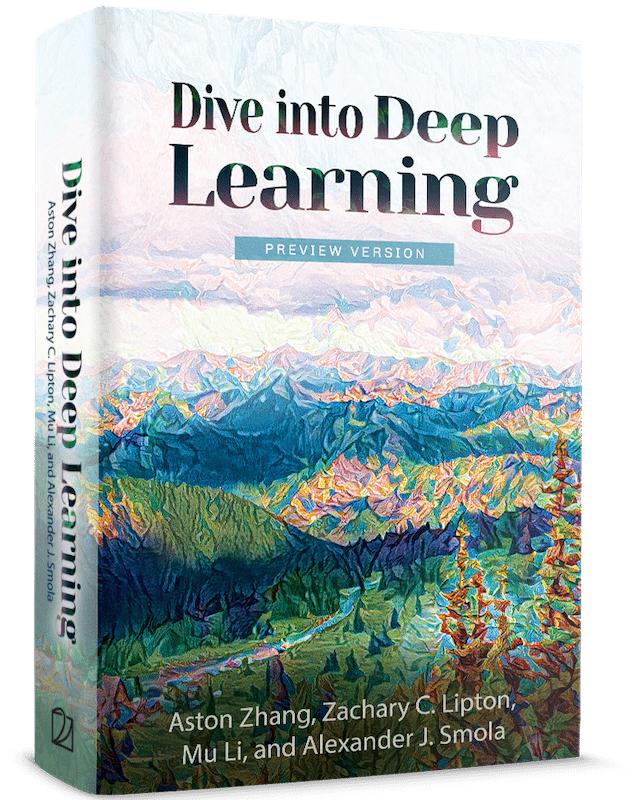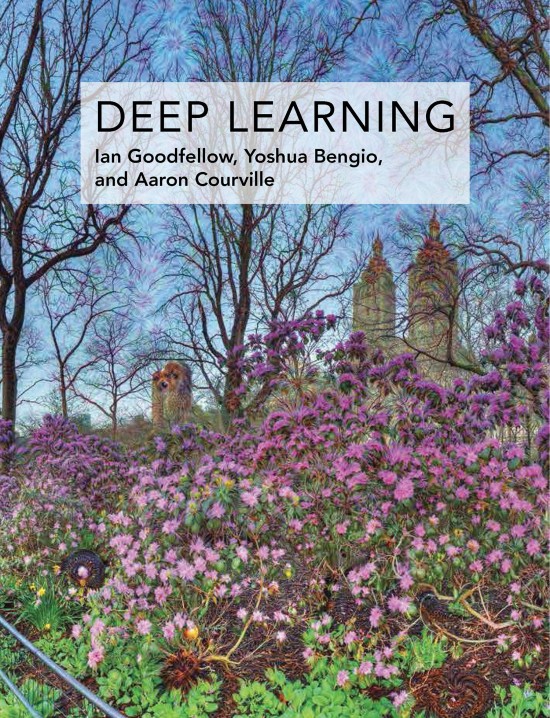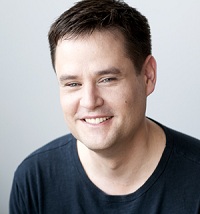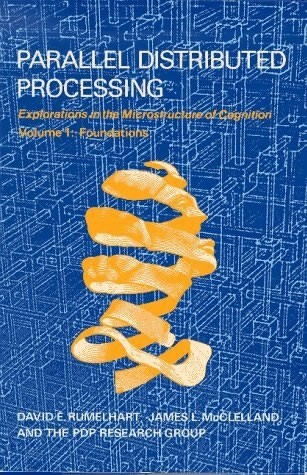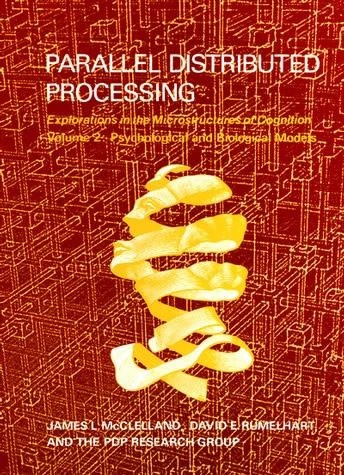Active Deadlines and Bulletin
| Assignment | Deadline | Description | Links | |
|---|---|---|---|---|
| Project Gallery | ||||
The Course
“Deep Learning” systems, typified by deep neural networks, are increasingly taking over all the AI tasks, ranging from language understanding, speech and image recognition, to machine translation, planning, and even game playing and autonomous driving. As a result, expertise in deep learning is fast changing from an esoteric desirable to a mandatory prerequisite in many advanced academic settings, and a large advantage in the industrial job market.
In this course we will learn about the basics of deep neural networks, and their applications to various AI tasks. By the end of the course, it is expected that students will have significant familiarity with the subject, and be able to apply Deep Learning to a variety of tasks. They will also be positioned to understand much of the current literature on the topic and extend their knowledge through further study.
If you are only interested in the lectures, you can watch them on the YouTube channel.
Course Description from a Student's Perspective
The course is well rounded in terms of concepts. It helps us understand the fundamentals of Deep Learning. The course starts off gradually with MLPs and it progresses into the more complicated concepts such as attention and sequence-to-sequence models. We get a complete hands on with PyTorch which is very important to implement Deep Learning models. As a student, you will learn the tools required for building Deep Learning models. The homeworks usually have 2 components which is Autolab and Kaggle. The Kaggle components allow us to explore multiple architectures and understand how to fine-tune and continuously improve models. The task for all the homeworks were similar and it was interesting to learn how the same task can be solved using multiple Deep Learning approaches. Overall, at the end of this course you will be confident enough to build and tune Deep Learning models.
Prerequisites
- We will be using Numpy and PyTorch in this class, so you will need to be able to program in python3.
- You will need familiarity with basic calculus (differentiation, chain rule), linear algebra, and basic probability.
Units
Courses 11-785 and 11-685 are equivalent 12-unit graduate courses, and have a final project and HW5
respectively.
Course 11-485 is the undergraduate version worth 9 units, the only difference being that there is no
final project or HW5.
Your Supporters
Instructors:
- Bhiksha Raj : bhiksha@cs.cmu.edu
- Rita Singh : rsingh@cs.cmu.edu
TAs:
- Harini Subramanyan: harinisu@andrew.cmu.edu
- Sarthak Bisht: sbisht@andrew.cmu.edu
- Rucha Kulkarni: rmkulkar@andrew.cmu.edu
- Vishhvak Srinivasan: vishhvas@andrew.cmu.edu
- Harshith Kumar: harunkum@andrew.cmu.edu
- Pavitra Kadiyala: pkadiyal@andrew.cmu.edu
- Yu-Cheng "Samuel" Lin: ylin6@andrew.cmu.edu
- Jeel Shah: jdshah@andrew.cmu.edu
- Quentin Auster: qja@andrew.cmu.edu
- Ishan Mamadapur: imamadap@andrew.cmu.edu
- Chetan Chilkunda: cchilkun@andrew.cmu.edu
- Kateryna Shapovalenko: kshapova@andrew.cmu.edu
- Syed Hannan: shannan@andrew.cmu.edu
- Shreya Kale: shreyaak@andrew.cmu.edu
- Heena Chandak: hchandak@andrew.cmu.edu
- Harshit Mehrotra: hmehrotr@andrew.cmu.edu
- Aarya Makwana: amakwana@andrew.cmu.edu
- Liangze "Josh" Li: liangzel@andrew.cmu.edu
- Alexander Moker: amoker@andrew.cmu.edu
- Gabrial Ashungafac: gzenchaa@andrew.cmu.edu
- Denis Musinguzi: dmusingu@andrew.cmu.edu
- Dareen Alharthi: dalharth@andrew.cmu.edu
- Yuzhou Wang: yuzhouwa@andrew.cmu.edu
- Miya Sylvester: nsylvest@andrew.cmu.edu
- R Raghav: rraghavr@andrew.cmu.edu
Acknowledgments
Wall of fame

Pittsburgh Schedule (Eastern Time)
Lecture: Monday and Wednesday, 8:00 a.m. - 9:20 a.m. - Good times :)
Recitation Labs: Friday, 8:00 a.m. - 9:20 a.m.
Office Hours: We will be using OHQueue (11-785) for both zoom and in-person office hours. Please refer the below OH Calendar / Piazza for up-to-date information.
Homework Hackathon: During 'Homework Hackathons', students will be
assisted with homework by the course staff. It is recommended to come as study groups.
Jan. 20th
- Location: GHC 4401 (Rashid Auditorium)
- Time: Saturday 2-5 PM EST
- Location: GHC 6115
- Time: Saturday 2-5 PM EST
Event Calendar: The Google Calendar below contains all course events and deadlines for student's convenience. Please feel free to add this calendar to your Google Calendar by clicking on the plus (+) button on the bottom right corner of the calendar below. Any adhoc changes to the schedule will be reflected in this calendar first.
OH Calendar: The Google Calendar below contains the schedule for Office Hours. Please feel free to add this calendar to your Google Calendar by clicking on the plus (+) button on the bottom right corner of the calendar below. Any adhoc changes to the schedule will be reflected in this calendar first.
